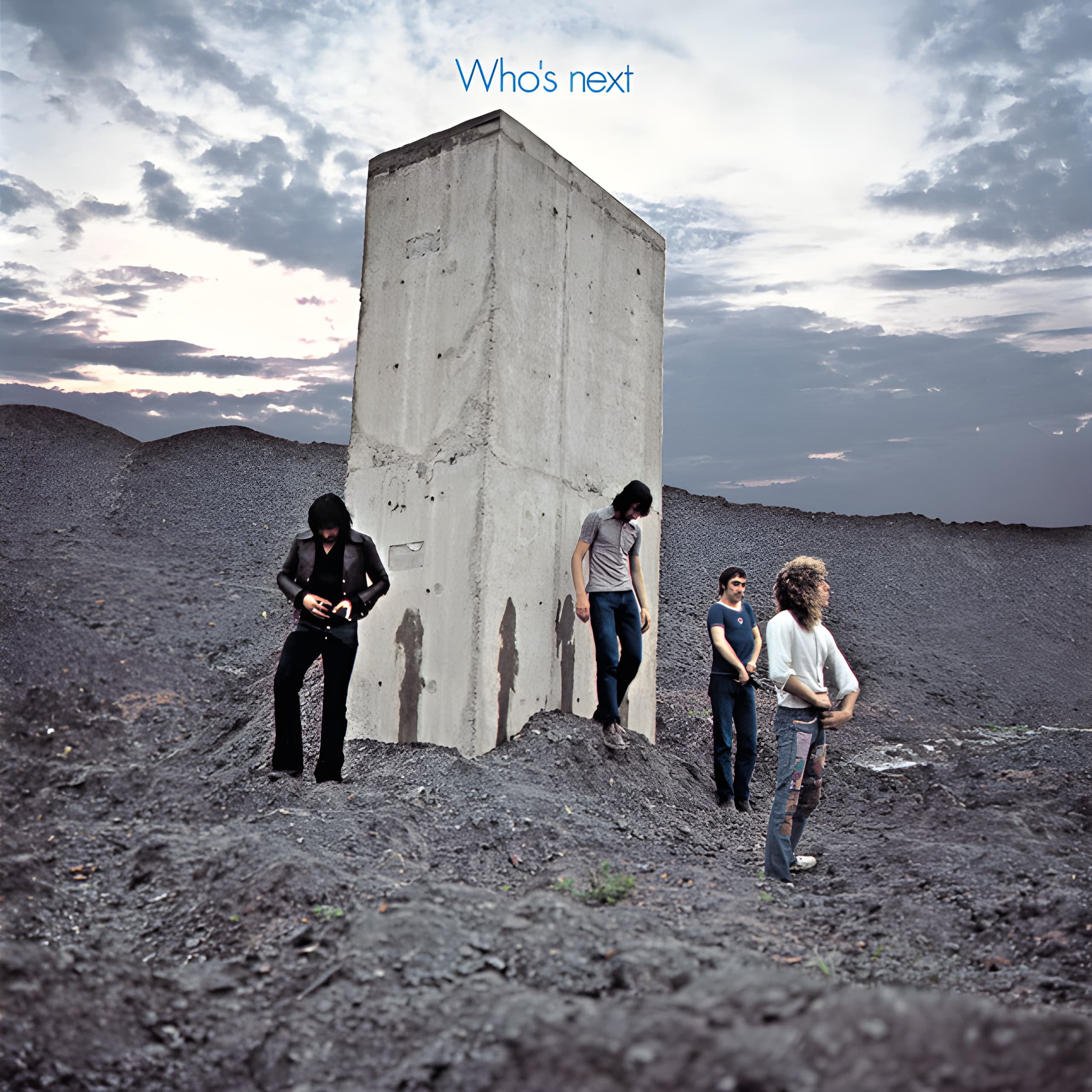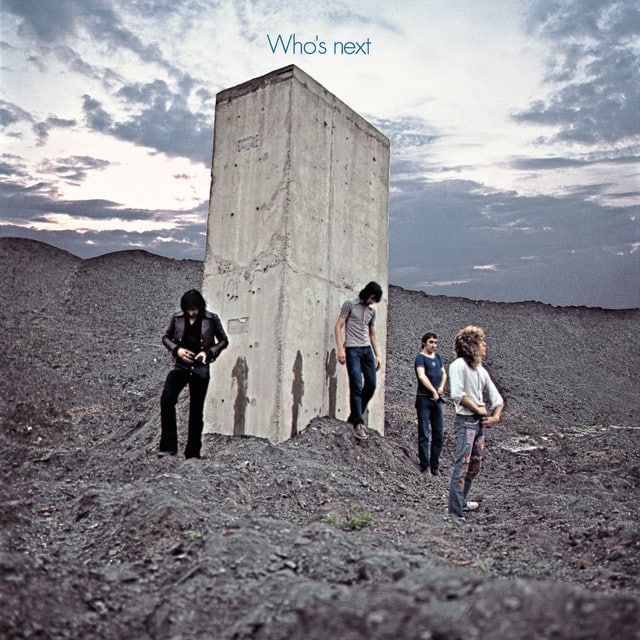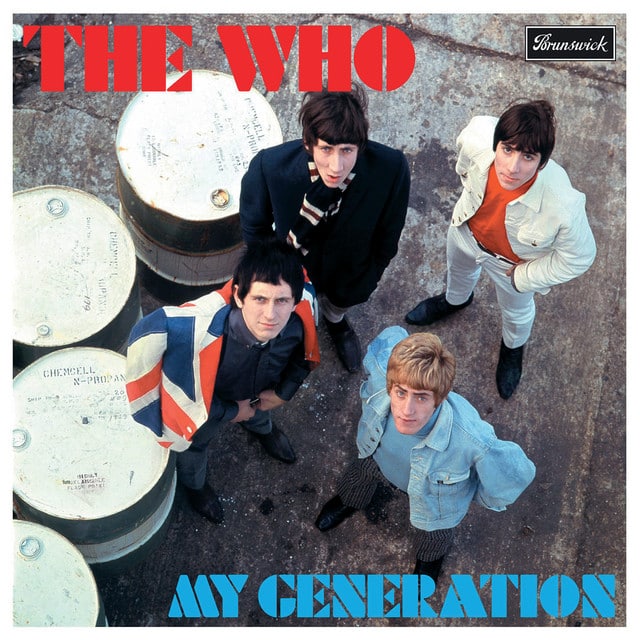Released: 1969
At its core, “Pinball Wizard” by The Who isn’t just a song about pinball. It’s a metaphor-laden rock anthem that delves into themes of talent, competition, and the awe that exceptional skill can inspire, all wrapped up in the unlikely story of a “deaf, dumb, and blind kid” who becomes a pinball master. This iconic track from the rock opera “Tommy” showcases Pete Townshend’s genius for blending vivid storylines with rock ‘n’ roll swagger.
The opening lines, “Ever since I was a young boy, I’ve played the silver ball / From Soho down to Brighton, I must’ve played ’em all,” set the stage with a nod to the British love affair with pinball machines. These lines do more than just establish the narrator’s credentials as a pinball aficionado; they paint a picture of a journey, both literal – from Soho to Brighton – and metaphorical, in the realm of pinball mastery. The phrase “silver ball” instantly conjures the image of the shiny pinball gliding across the machine, emphasizing the allure and excitement of the game.
The song then introduces the protagonist with, “But I ain’t seen nothin’ like him in any amusement hall / That deaf, dumb, and blind kid sure plays a mean pinball.” The use of “deaf, dumb, and blind” is jarring, reflecting attitudes of the time towards disabilities. However, the focus swiftly shifts to his extraordinary ability to play pinball. Describing someone as playing a “mean pinball” is a colloquial way of saying he’s exceptionally good at it, blending admiration with a bit of edgy rock ‘n’ roll attitude.
“He stands like a statue, becomes part of the machine / Feelin’ all the bumpers, always playin’ clean,” shows the protagonist’s deep connection with the pinball machine, suggesting a level of skill and intuition that goes beyond mere technique. The lines evoke a sense of Zen-like focus and harmony between player and machine. “Playing clean” likely refers to playing honestly without cheating, highlighting the character’s integrity amidst his talent.
The chorus, “He’s a pinball wizard, there has to be a twist / A pinball wizard’s got such a supple wrist,” introduces the concept of the “pinball wizard” and the mystery surrounding his skill. The notion of a “supple wrist” alludes to the physical dexterity required for pinball, suggesting a fluid, almost magical control over the game. This section encapsulates the fascination and disbelief at the heart of the song: how does someone overcome significant disabilities to become a pinball champion?
In “Ain’t got no distractions, can’t hear no buzzes and bells / Don’t see no lights a-flashin’, plays by sense of smell,” Townshend cleverly flips the protagonist’s disabilities into advantages. Without the distractions that other players face, the pinball wizard achieves a level of concentration and prowess unattainable by others, emphasizing the theme that what may appear as weaknesses can be strengths in the right context.
The narrator’s admission, “I thought I was the Bally table king / But I just handed my pinball crown to him,” reveals a shift from rivalry to respect. The use of “Bally table king” refers to being a master at Bally-manufactured pinball tables, a real brand known for its pinball machines. This moment of humility and recognition of the kid’s superior skill adds depth to the narrative, illustrating the universal theme of passing the torch to a new generation of talent.
In conclusion, “Pinball Wizard” spins a tale that transcends the specifics of pinball, touching on universal themes of admiration, the redefinition of limitations, and the passing of the torch between generations. Its storytelling, couched in the vibrant world of rock ‘n’ roll, captures the imagination while rocking the senses. This track isn’t just a piece of music; it’s a journey through competition, skill, and the unexpected heroes among us, proving that sometimes, the most extraordinary abilities come from where we least expect.








